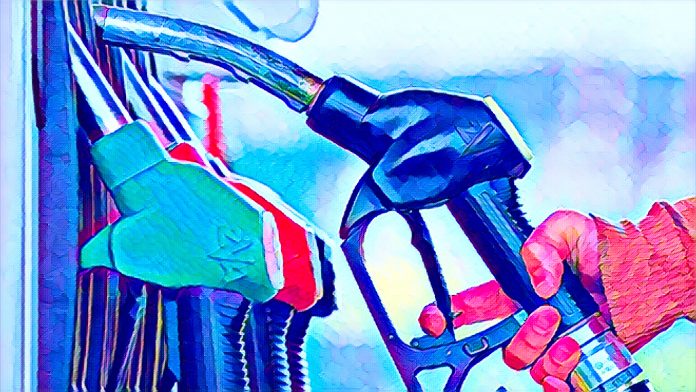The Nigerian government is in talks with Dangote Petroleum Refinery to set new prices for petrol ahead of its release next month. This comes after a committee, led by the Minister of Finance, Wale Edun, was set up to ensure crude oil sales to local refineries in naira. The committee is now focused on determining how much Dangote Refinery will pay for crude in naira and whether the government will subsidize petrol prices or allow them to reflect market rates.
Oil marketers have raised concerns that the cost of petrol from Dangote Refinery will likely be higher than current pump prices, which range between N600 and N700 per liter across Nigeria. They argue that without government subsidies, it will be difficult for dealers to afford petrol from the new refinery, especially since the actual market price is around N1,117 per liter.
The Nigerian National Petroleum Company Limited (NNPC), currently the sole importer of petrol, has been importing fuel and selling it at about half of the landing cost under a government directive. This situation has placed a heavy financial burden on NNPC, which has been covering the difference, known as a “shortfall,” without any reimbursement for the past eight to nine years.
As the government prepares for Dangote Refinery’s petrol rollout, it faces a tough choice: continue to subsidize petrol prices or allow them to rise to reflect actual costs. A source from the Federal Ministry of Petroleum Resources suggested that the government could either reintroduce subsidies or let Nigerians pay the real market price for petrol. However, they admitted this decision would be complicated by the current economic situation, which is challenging for many Nigerians.
The government has already agreed to sell crude oil to Dangote and other local refineries in naira, and the framework for this agreement is expected to be finalized soon. However, the lack of U.S. dollars remains a significant hurdle, and the government may need to set an exchange rate for the naira-based crude sale.
Some officials believe that continuing subsidies is not a sustainable option. They argue that subsidies have been a temporary solution and have not been accounted for in the budget. As such, the government is exploring alternatives like promoting Compressed Natural Gas (CNG) as a cheaper fuel option, particularly for commercial vehicles and long-distance transportation. This move could help reduce reliance on petrol and manage inflation by lowering transportation costs.
One official commented, “The government’s policy currently does not include subsidies, and we can’t keep subsidizing petrol at the expense of the nation’s economy. We need to find a balance that works for everyone.”
The government and Dangote Refinery are expected to finalize the petrol pricing and crude sale arrangements soon. The decisions made in the coming weeks will significantly impact fuel prices and the broader economy, potentially affecting everything from transportation costs to inflation rates. Nigerians are waiting to see if the government will offer relief through subsidies or if they will face higher petrol prices when Dangote’s fuel hits the market.



